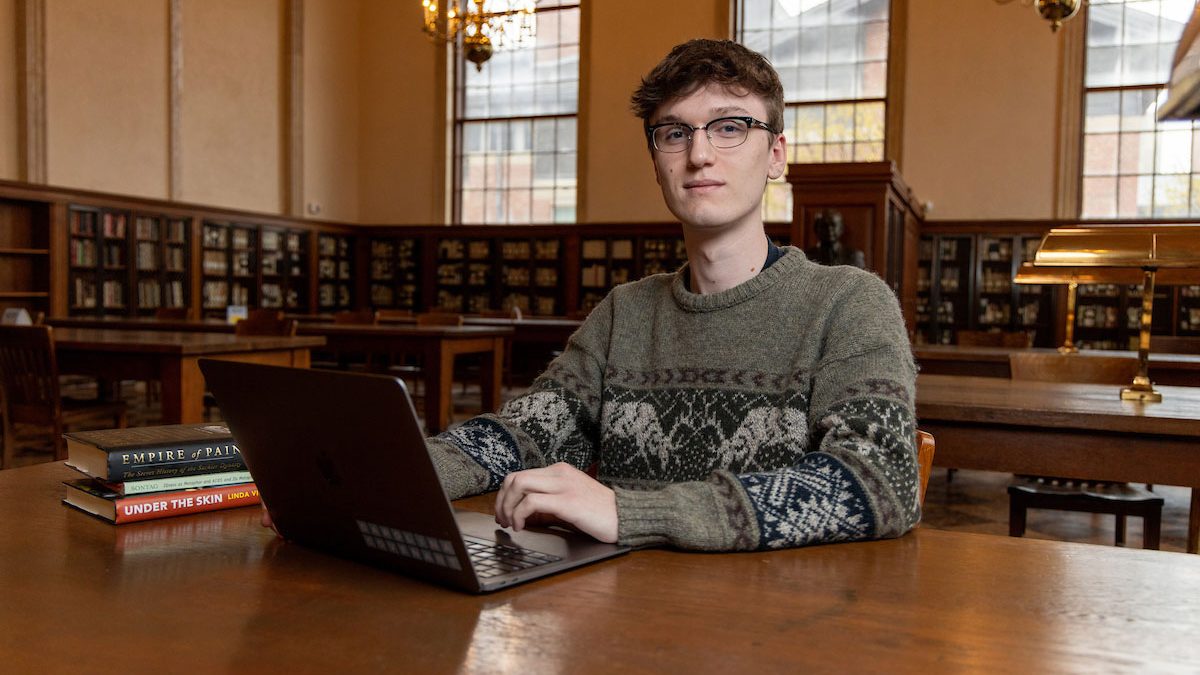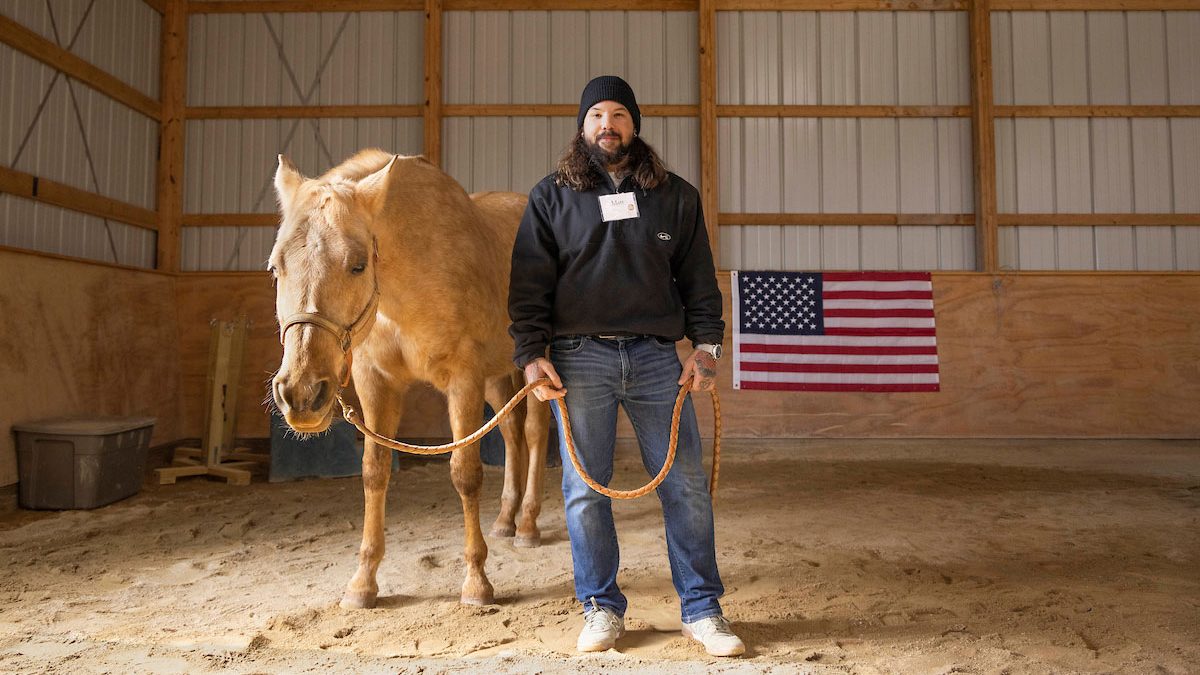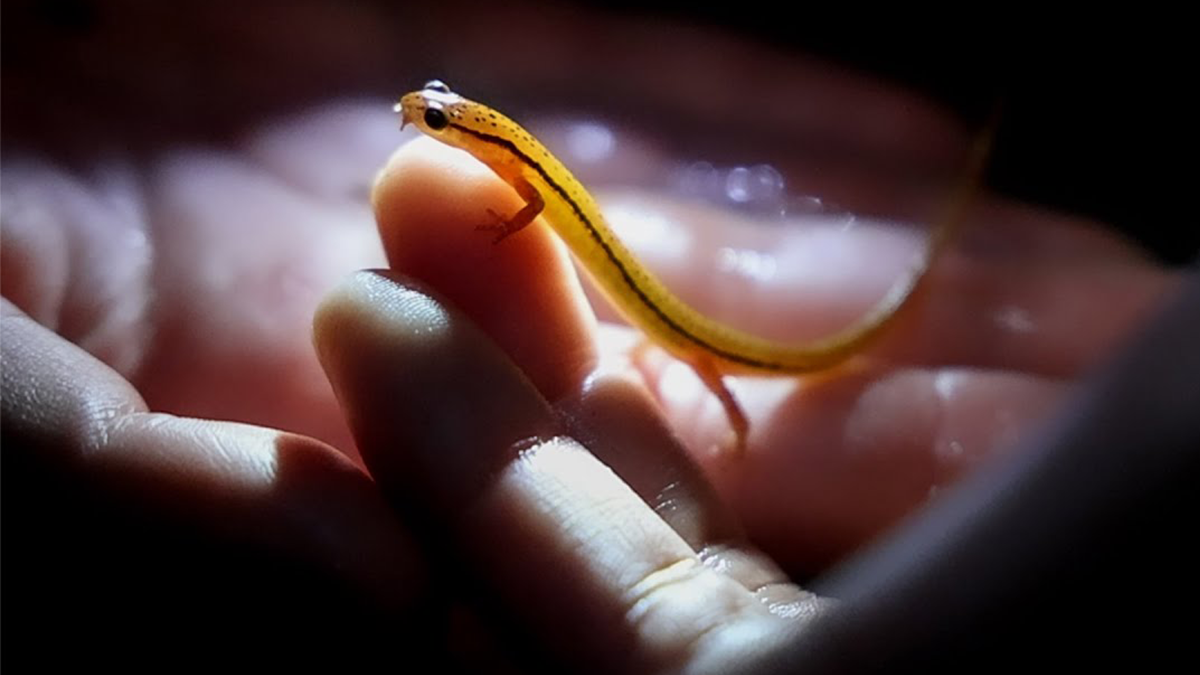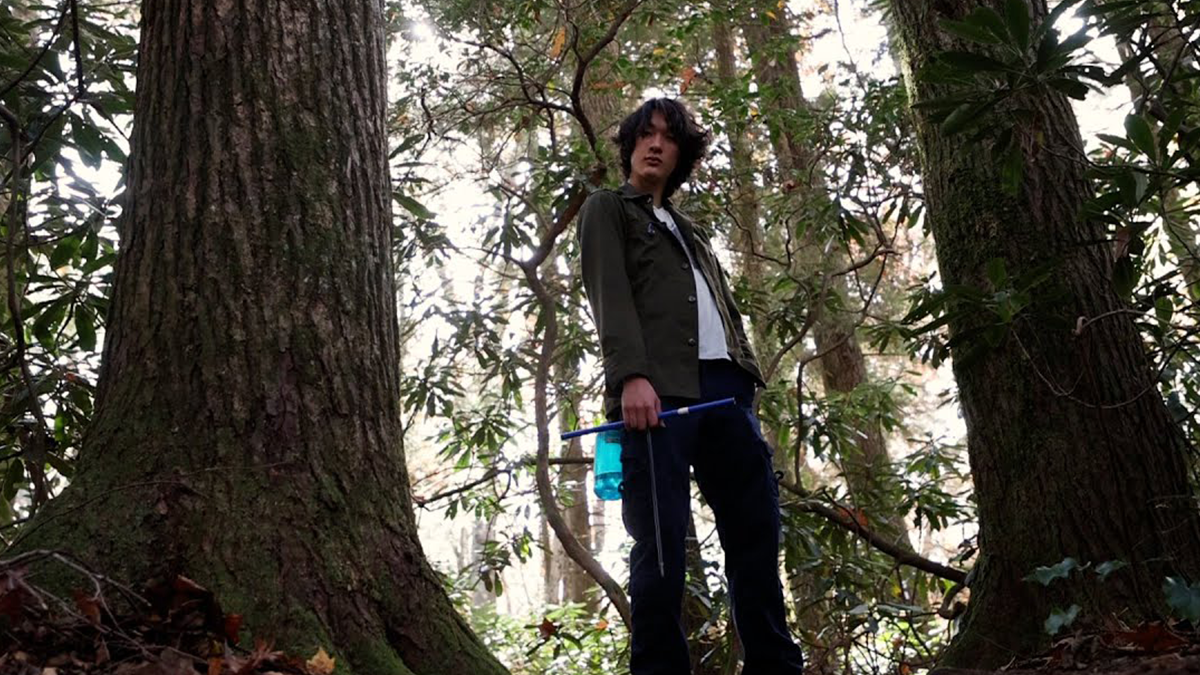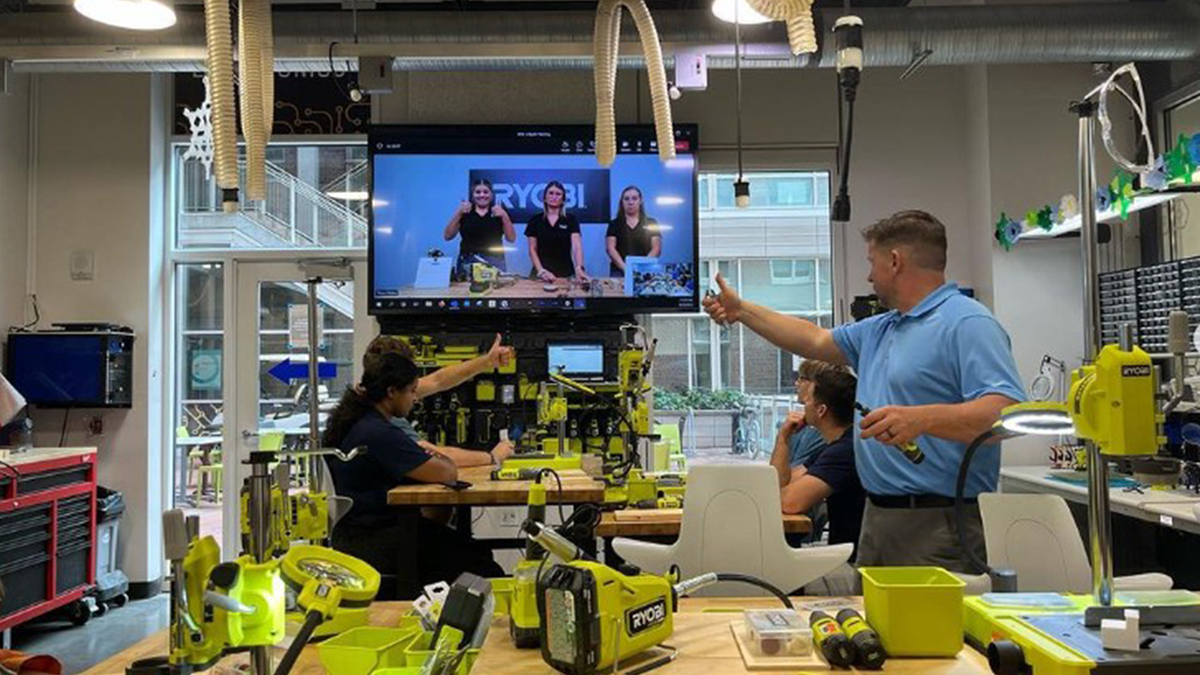Improving Organ Transplantation
Published on September 14, 2022Faculty combine expertise to improve the organ transplantation process with AI
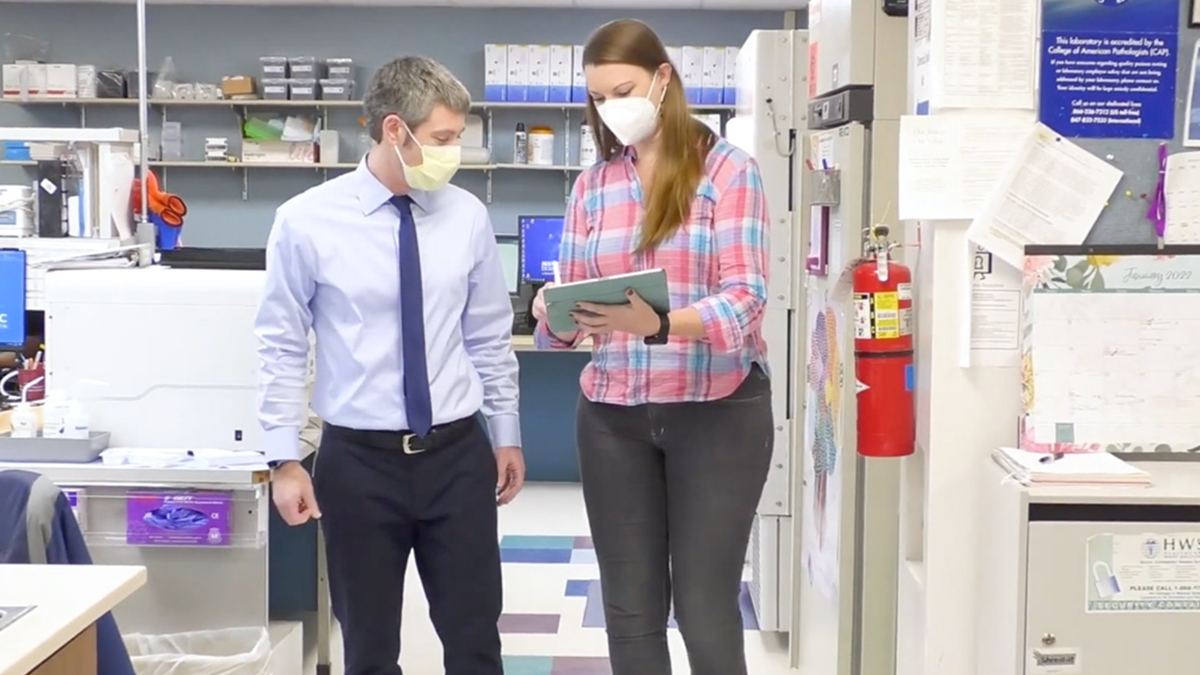
Faculty combine expertise to improve the organ transplantation process with AI
Organ transplants require a compatible match and organs can be rejected if there is a poor fit between a donor and recipient. What many don’t realize is how complex the matching process is. The undertaking is work-intensive with critical timing, depending on how long the organ can remain preserved outside the body.
What if there was a more refined way to match donors and recipients, a technology with a simple user interface that leads to even faster accurate results?
Eric Weimer — associate professor in the Department of Pathology and Lab Medicine and director of the histocompatibility lab at the UNC Medical Center — knew that the diverse faculty at Carolina could help.
“It occurred to me years ago that crossmatching relies heavily on the use of numbers to make that virtual assessment,” he said. “That’s what led me to reach out to the mathematics department where I came across Dr. Katherine Newhall.”
As an applied mathematician in the UNC College of Arts and Sciences, Newhall’s work involves mapping scientific problems to mathematical models.
By combining their expertise of math and immunobiology, Newhall and Weimer created the Digital Alloimmune Risk Assessment, a new AI-driven approach to virtual crossmatching to improve organ transplantation. Their work was initially supported by seed funding from the UNC Eshelman Institute for Innovation.
From there, Weimer and Newhall partnered with Microsoft to harness the power of machine learning algorithms. The teams worked together to teach computers how to solve the complex problem of matching donor and recipient.
“A lot of this Eric and I were doing by hand, like going through Excel sheets and changing the format and doing different things. Microsoft helped to automate all of that,” said Newhall. “With the help of machine learning and recognizing these patterns, we were able to create a more accurate risk assessment.”
